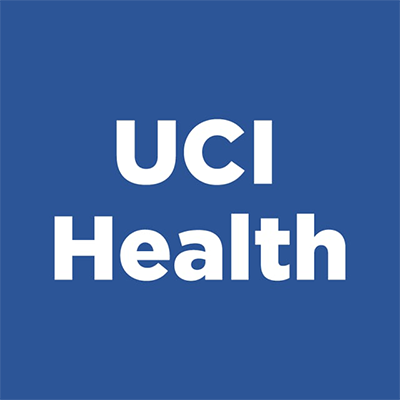Main Content

Healthcare Chaplains Ministry Association
God’s Heart In Healthcare Since 1939

OUR MISSION
Select, train, certify, and encourage Christian Chaplains who are professionally competent to provide pastoral and spiritual care to people of all faiths at healthcare institutions worldwide
CORE VALUES
Christian, Excellence in Training,
Professional Competence, Respect for Diversity




